Table of Contents
Some types of ashes are ideal for composting. They are complex materials that should be carefully assessed before adding to your bin or pile. Sources of your ashes and how they were burned determine whether they belong to your compost or not.
Rich in minerals like calcium, phosphorus, and potassium, compostable ashes have deacidifying actions. Compostable ashes in small amounts are welcome additions to compost systems. The resulting ash compost can be applied to alkaline soil for improved plant growth of asparagus, broccoli, field maple, hydrangea, lilac, rosemary, spindle, and thyme.

You can hot or cold compost ashes at home to nourish your garden soil. Worm casting from vermicompost farms can be more nutritious when you sprinkle a thin layer of ashes.
As a valuable source of lime, ashes can also be upcycled as mulch for your vegetable garden or flower bed. It’s best to test the pH of your soil before mulching.
Discover the nuances and pitfalls of converting leftover ash into a nutritious compost.
Sources of Ashes for Composting
Before composting, it’s crucial to identify the source of your ash. Some ash types can be more damaging to your compost than beneficial.
Avoid adding ashes to your compost if they’ve been previously lit with firelighters. These ashes contain substances from fuel tablets, like paraffin wax, that are unhelpful to your compost.
Wood Ash
Wood ashes from untreated wood are ideal for composting. Generally, younger wood boasts a higher potassium content than old ones.
Keep in mind that even in ash form, treated wood can contain hazardous trace elements. To ensure proper decomposition of your materials, it’s best to avoid adding these ashes to your compost bin or pile.
Paper Ash
Containing wood derivatives like wood pulp and cellulose, bleached and unbleached paper products can be added into your compost as ash. However, paper production can dramatically reduce the nutrients from wood.
Avoid ashes from glossy paper products because chemicals from their synthetic coatings can leak into your compost.
Charcoal Ash
A lightweight carbon material, charcoal is typically made by heating wood until its moisture evaporates. Charcoal ash can be safely added to your compost bin or pile.
Fireplace Ash
The powdery remnants of your wood fire can be beneficial to your compost as long as the wood is completely organic, and untreated.
Omit fireplace ashes from natural coal and synthetic fire logs.
How to Compost Ashes
Consider your compostable ashes as carbon-rich brown materials. Remember, adding them to your compost can greatly influence the pH levels of your pile. Due to their liming properties, ashes can neutralize acids, which raises the alkalinity of your compost.
Preparing Ashes for Composting
Cool down your leftover ashes before integrating them to your compost heap. Doing this will eliminate any risk of fire in your pile or burns to your skin.
If ashes are a regular by-product in your home, gather them over time in a sealed container. You can then use them as needed for your compost pile.
Sprinkle a quarter inch of ash for every eighteen-inch of carbon materials and every six-inch of nitrogen materials. Compost is often acidic at the beginning and a thin layer of ash can help balance your compost pile’s pH level, ideally bringing it to a neutral range.
However, do not overdo it. More ashes to your compost can cause an imbalance to your pile’s pH, making it more alkaline.
Layering these wastes evenly and aiming for the optimal conditions below will yield the best compost quality.
Optimal Composting Conditions for Ashes
A balanced mix of brown ingredients, and green ingredients is detrimental to a successful compost. When dealing with ashes, aim for the ideal carbon:nitrogen ratio of 25 to 30 parts of carbon to every 1 part of nitrogen. This combination will be favorable to composting microorganisms, efficiently breaking down your organic wastes. Hold on to other household wastes like fruit and vegetable trimmings and fresh grass clippings as they have nitrogen content. Other carbon-rich materials, besides ashes, include dried leaves, untreated sawdust, and shredded papers.
Avoid excess moisture within your compost heap. Only add water if necessary and turn your organic ingredients for better moisture distribution. An unturned and overly wet pile leads to anaerobic decomposition, which can result in unpleasant odors. If your pile becomes waterlogged, add more carbon material to effectively minimize the excess moisture.
Maintain a temperature range of 90 to 140 degrees Fahrenheit in your hot compost piles. To sustain this optimal range, regularly aerate your compost pile by turning it. This fosters heat generation by composting microorganisms, which can break down your organic waste more quickly.
How Long Does Ashes Take To Compost?
Ashes can immediately integrate themselves into your compost pile due to their powdery form. Most composting methods are suitable for ashes and won’t have a hard time in breaking them down.
How Ashes Affect the Composting Process
Ashes can boost the nutritional value of your compost, but it can also slow down the composting process if used improperly.
Impact on Decomposition
Using ashes sparingly can assist in decomposing your organic wastes. Incorporate them into your compost pile in small amounts because ashes, with their high calcium carbonate content, can make your bin or pile more alkaline.
Immoderate additions of ashes won’t generate a favorable pH level for composting microorganisms. Maintain a neutral pH level of 7. Anything above that level will slow down decomposition of your composting materials.
Microbial Activity
A balanced mix of green and brown materials can boost your compost pile’s efficiency in breaking down organic wastes. As a carbon-rich brown ingredient, ashes stimulate healthy microbial growth.
However, overapplication of ashes can throw off the pH level of your compost. As mentioned, aim for a neutral pH level so microorganisms can work more effectively.
Temperature and Moisture
Continuous microbial activity in your compost pile will sustain the optimal temperature range of 90 to 140 degrees Fahrenheit. Small amounts of ashes serve as an energy source for these composting microorganisms.
If your pile is too watery, consider adding extra ashes to absorb the excess moisture.
Potential Issues with Composting Ashes
Possible problems with composting ashes only occur when applied improperly. If you use the incorrect type of ash, you risk your compost chemical contamination.
Will Composting Ashes Make Compost Acidic or Alkaline?
Ash contains a significant amount of calcium carbonate, which makes it alkaline. When applied, it neutralizes acidity in both compost and soil.
Alkaline ash compost is perfect for overly acidic soils and alkaline-loving crop and garden plants like asparagus, broccoli, field maple, hydrangea, lilac, rosemary, spindle, and thyme.
On the one hand, a neutral ash compost can be applied as usual to soil, regardless of their pH level.
Will Composting Ashes Attract Pests?
Pests shouldn’t be a problem when composting ashes. They do not attract uninvited critters that may go through your compost pile.
Will Composting Ashes Cause Odors?
Unlike other organic compost materials, ashes do not naturally emit any foul odors. However, anaerobic conditions can make a compost pile smell badly. Maintain optimal composting conditions, regularly aerate your compost pile, and balance moisture levels to avoid this issue.
Methods for Composting Ashes
Not all composting methods are efficient options for processing ashes into a nutrient-rich soil amendment.
Hot Composting
Addition of ash to hot compost systems is acceptable. This process relies on microorganisms and the heat they generate to break down organic materials effectively. When composting ashes, ensure that your hot pile’s internal temperature stays within 90 to 140 degrees Fahrenheit.
Hot piles yield compost faster than other composting methods due to its high temperatures. To ensure a successful hot compost, monitor the temperature of your pile. You can do this crucial step using a long-stemmed backyard thermometer.
Moreover, oxygen is critical to maintaining these temperatures. Regularly turning your compost pile ensures improved air circulation amongst your organic materials.
Cold Composting
Ashes can be cold composted. This method is suitable for individuals getting into composting as it requires less effort and maintenance. Follow the recommended ratio of 25 to 30 parts of carbon ingredients to 1 part of nitrogen ingredients. This balanced mix is critical to your cold pile’s efficiency.
Cold piles rely primarily on naturally occurring microbes and other environmental elements. Because they lack heat, cold piles produce compost slower.
Vermicomposting
After harvesting the resulting castings from your worm farm, consider sparingly sprinkling ashes over them before applying to your soil. Some composters do not recommend directly adding ash to worm bins, because they’re caustic.
Additionally, the combination of ashes and water or moisture can create lye, which has deworming properties.
Bokashi Composting
It’s not advisable to add ashes to your Bokashi bucket, because doing so can damage the fermenting microbes inside. Food scraps will not properly break down without these Bokashi microbes.
Alternatives to Composting Ashes
Not all households can turn ashes into healthy compost. However, there are other sustainable alternatives you can consider.
Industrial Composting of Ashes
Local commercial composting facilities can take in ash waste — particularly wood and paper ashes — and use them to improve the fertilizing value of industrial compost.
Contact your nearest compost center to learn how they accept such waste.
Upcycling Ashes as Mulch
You can use ash as mulch directly to your garden soil, especially if your soil is acidic or if you have plants that love an alkaline environment. Wood ash has a liming effect that can significantly reduce soil acidity.
Never apply ash around acid-loving plants like azaleas, blueberries, and rhododendrons.
Ashes as mulch can nourish your soil with multiple micronutrients and minerals like phosphorus and potassium. However, remember to apply in moderation.
Disposal Options for Ashes
If all options are unavailable, dispose of your ashes in an appropriate bin.
What Ashes Shouldn’t Be Composted?
Natural coal ashes are not recommended for composting due to its toxic content. Heavy metals and chemical traces can persist in the ashes and reach your garden soil if the resulting compost is applied.
Ashes from synthetically coated paper products, artificial logs, and treated wood must be discarded from your bin or pile. Other sources like incense and industrial sources can leak chemicals into your compost, potentially harming beneficial microorganisms.
Ashes burned using firelighters should be disposed of elsewhere. These ashes contain substances like paraffin wax from fuel tablets, which aren’t beneficial for composting.
Do not use leftover ashes from a barbeque activity. Animal fats and other cooking substances (oils, and sauces) can contaminate your pile and cause unexpected compost issues.
Safety and Precautions When Composting Ashes
Before handling ashes, let them completely cool down to avoid accidental skin burns. For additional protection, wear a face mask and a pair of gloves. You can compliment these protectives with an eyewear.
Never blend ashes with nitrogen-based fertilizers as doing so can release ammonia gas, linked to unpleasant smells and ammonia toxicity.
FAQ
How much ash can I add to my compost pile?
Thin layers of ash will be beneficial to your compost pile. Limit your ash application because large amounts of ash can raise the alkalinity of your bin or pile, slowing down decomposition of your organic materials.
Can I compost ash from my charcoal barbecue?
Avoid charcoal ashes used for barbecue. Animal fats and other substances like oils and preservatives from sauces can contaminate your compost and prompt composting problems.
Can I use ashes from painted wood?
Discard ashes from painted wood, because heavy metals and other chemicals can harm composting microorganisms.



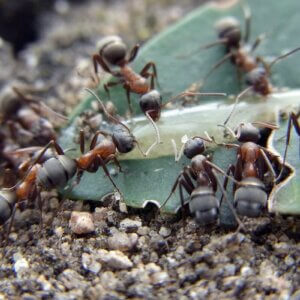
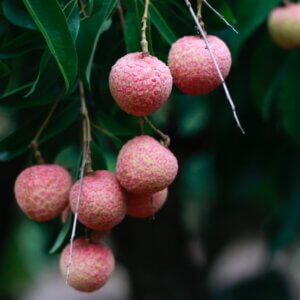
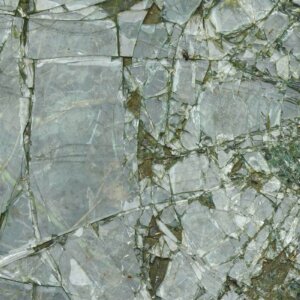
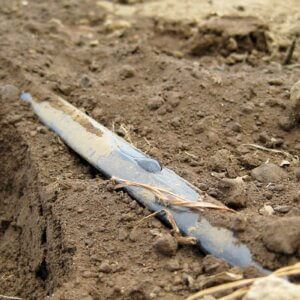

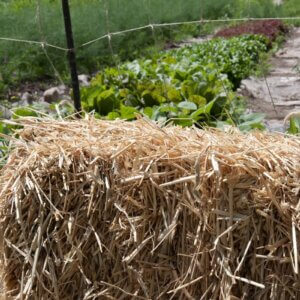

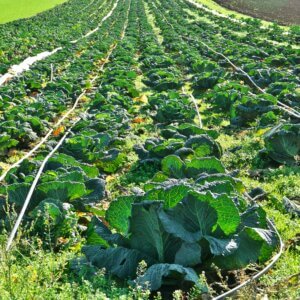
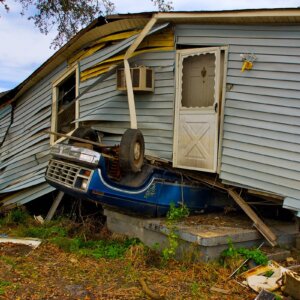
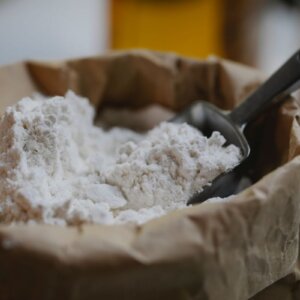

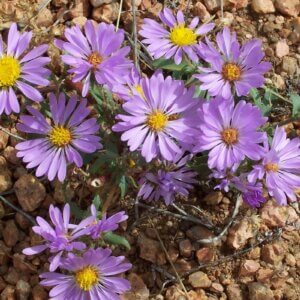


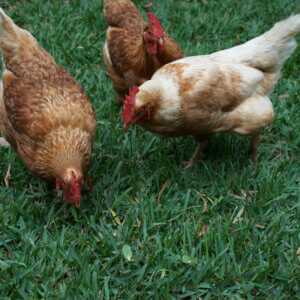

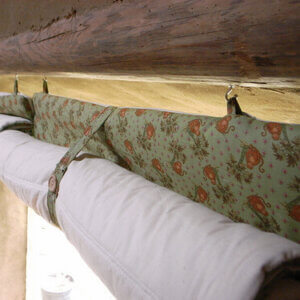
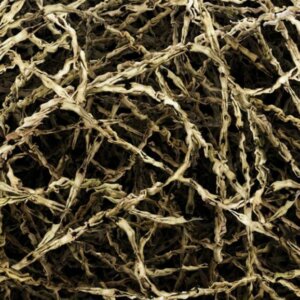
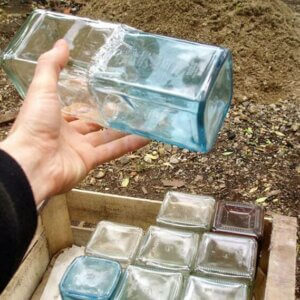

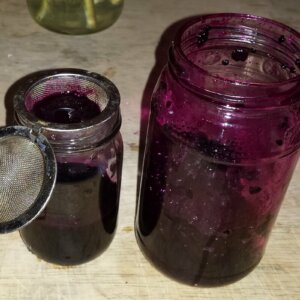


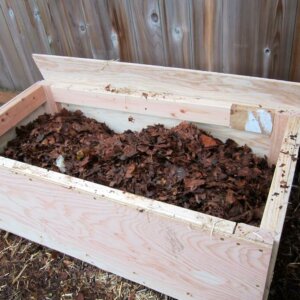
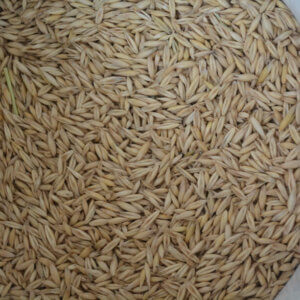
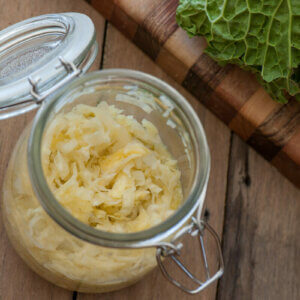


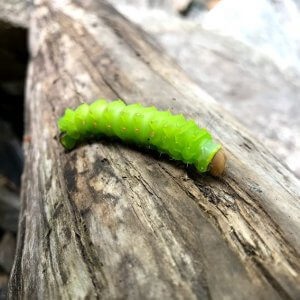
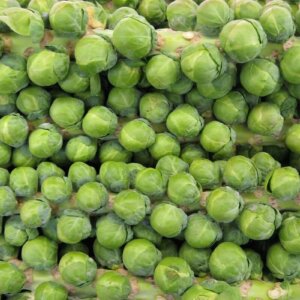


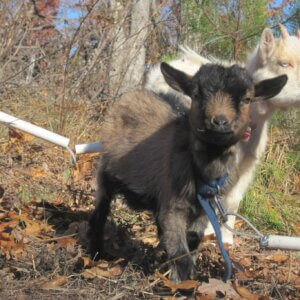



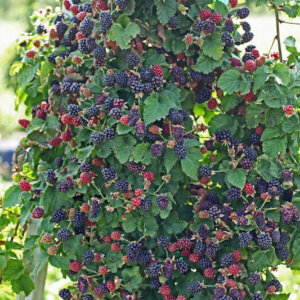

Leave a Reply